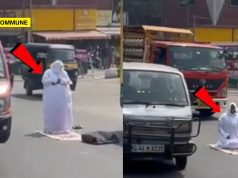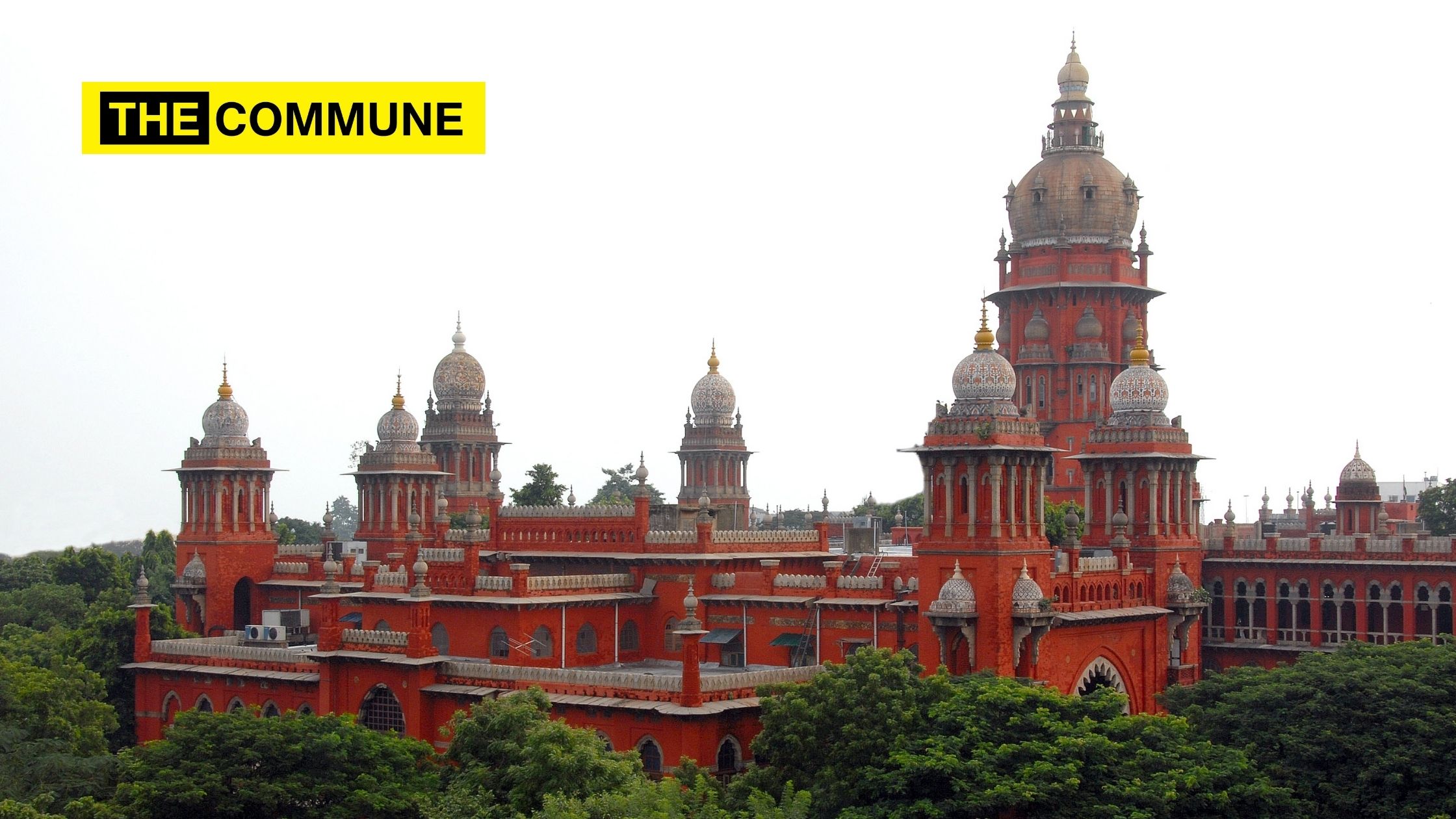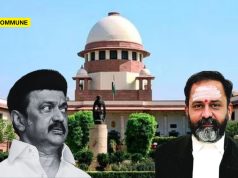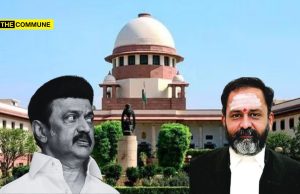
Upon coming to power in 2014, the Bharatiya Janata Party (BJP) directed its attention towards addressing terrorism and the challenges in Naxal-affected areas. Gradually, the party extended its efforts to address underlying issues, investing in infrastructure and implementing remedial measures at the grassroots level.
The steadfast commitment to consider Jammu and Kashmir an integral part of India was the central agenda for the BJP. Despite facing considerable challenges, the party remained determined to eradicate terrorism from affected regions. Although initially promising to repeal Article 370, impeding the state’s progress, the decision to revoke it was carefully considered and implemented during the second term in 2019.
On 7 March 2024, Prime Minister Narendra Modi embarked on his first visit to Jammu and Kashmir following the abrogation of Article 370. During this visit, he laid the foundation for various development projects aimed at fostering growth in the union territories. The initiatives underscored the government’s commitment to bringing positive changes and promoting development in the region.
Upon reaching Srinagar a short while ago, had the opportunity to see the majestic Shankaracharya Hill from a distance. pic.twitter.com/9kEdq5OgjX
— Narendra Modi (@narendramodi) March 7, 2024
Narendra Modi’s Past Association With Kashmir
In the tumultuous early 1990s, when militant outfits established ‘liberated zones’ across the Kashmir valley, an unexpected friendship took root. At the forefront was a relatively unknown BJP activist, Narendra Modi, who delved into the intricacies of separatism. This exploration led him to the residential village of Hizbul chief Salahuddin in Soibug, Budgam, where he crossed paths with a 26-year-old youth, Mohammad Ashraf Hajam, known as ‘Azad.’
Little did anyone foresee that this seemingly ordinary BJP activist, who engaged with the people during his six-day visit to all six districts, meticulously documenting his observations as a ‘social worker,’ would ascend to become Gujarat’s Chief Minister in eight years and, eventually, India’s Prime Minister in 21 years.
During his stay at Azad’s house in Hakermulla village, near Soibug, Modi, a teetotaler and vegetarian, immersed himself in the local environment. Azad reminisces about their uneventful taxi journey through the Shariefabad camp, where Modi paused to appreciate soldiers angling for fish in a stream. The camaraderie extended to the household, marking the beginning of a lasting friendship.
Azad vividly recalls their uncharted journey in 1993, where Modi, incognito and devoid of official knowledge or security, traversed the top militant strongholds and engaged with locals in Soibug, Zoonarishi, and various landmarks in Srinagar. Modi’s interactions included interviews with village elders and conversations with women, children, and youths, delving into their sentiments and political aspirations.
The genesis of Azad’s connection with Modi traces back to 1992 when, as a 24-year-old involved in selling LPG, he witnessed BJP President Murli Manohar Joshi’s announcement during the Ekta Yatra in Srinagar. Inspired, Azad saluted the Indian flag hoisted despite heightened tensions. Modi, identifying Azad as a Kashmiri Muslim sympathetic to their cause, initiated his involvement in peace initiatives.
In New Delhi, Modi introduced Azad to senior BJP leader Atal Behari Vajpayi, igniting Azad’s commitment to work for Kashmir’s peace and development. Under the Peace Council banner, Azad found a safe government accommodation at IMPA in Srinagar, nurturing his association with Modi.
Azad’s political journey began in 1996, campaigning for the BJP in Srinagar-Budgam Lok Sabha constituency. Despite electoral losses in subsequent years, Azad’s relief stems from achieving their mission of promoting peace and development. Soibugh, once influenced by Hizbul Mujahideen, donated land for public facilities at Azad’s request, marking a symbolic transformation.
The enduring friendship between Azad and Modi persisted through the latter’s tenures as Chief Minister of Gujarat and later as Prime Minister of India. Their last meeting transpired on 3 February 2019, at the Srinagar airport, preceding the Pulwama blast and months before the Lok Sabha elections. The bond between these unlikely friends endures as a testament to the profound connections that transcend tumultuous times.
When @BJP4India President Murli Manohar Joshi and @narendramodi hoisted the Indian national flag at Lalchowk in Srinagar on the Republic Day in January 1992, a 26-year-old youth, Mohammad Ashraf Hajam aka 'Azad', who was associated with a militant outfit, went there out of… pic.twitter.com/8HvQsbQHIw
— Ahmed Ali Fayyaz (@ahmedalifayyaz) March 8, 2024
(With inputs from IndiaNarrative)
Subscribe to our channels on Telegram, WhatsApp, and Instagram and get the best stories of the day delivered to you personally.




